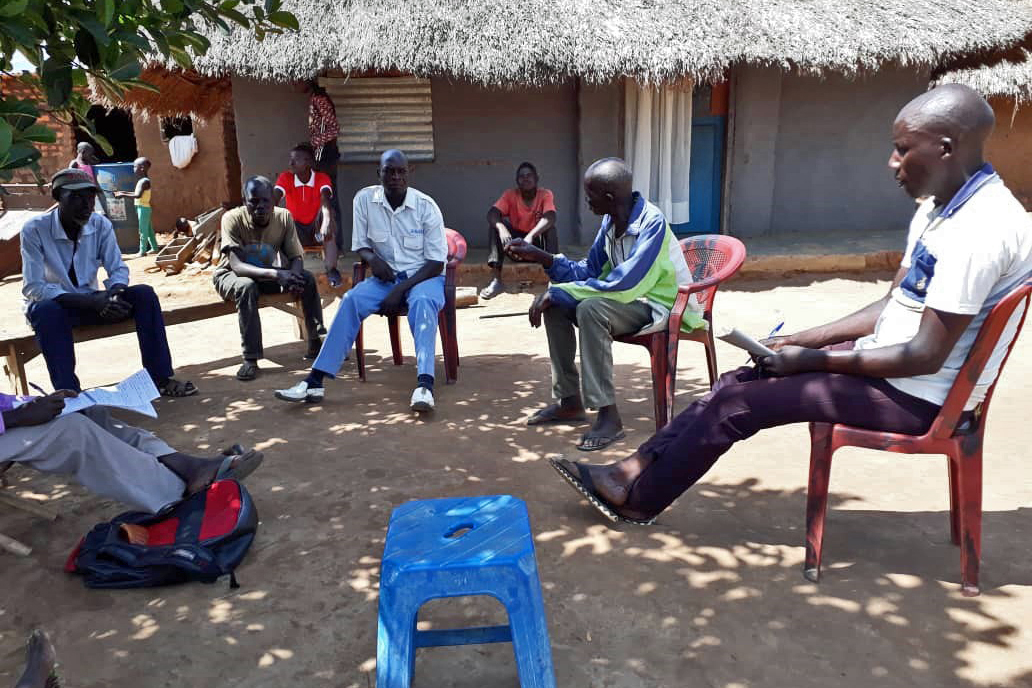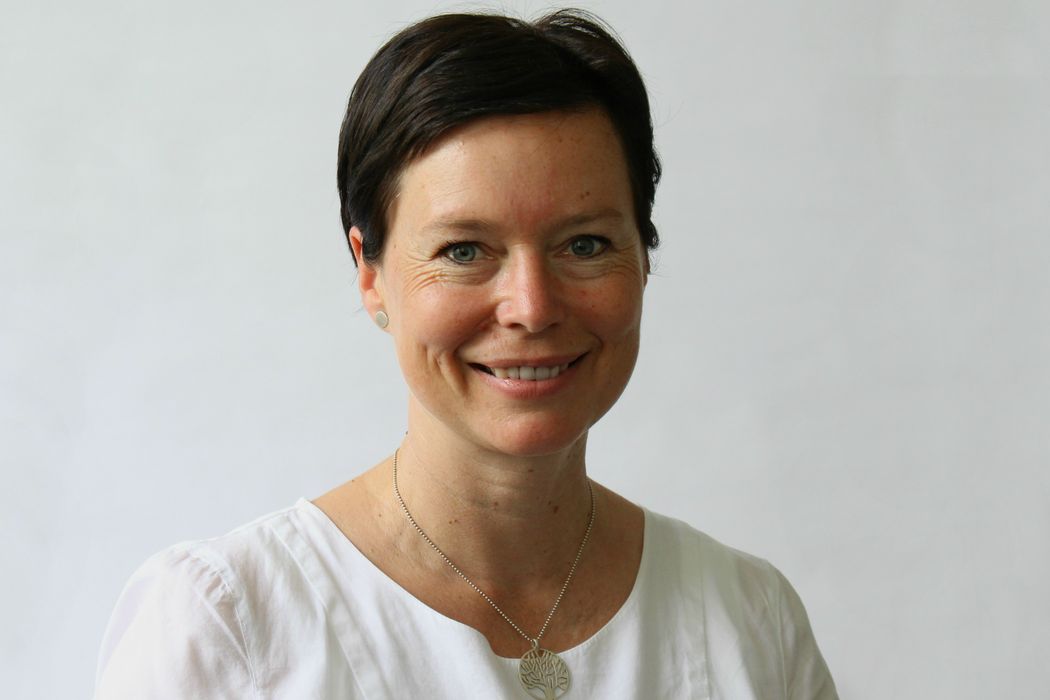At the end of the World Health Summit in Berlin, Malteser International is calling for more efforts to gain people's trust in the vaccines against the coronavirus. This is especially true for African countries. This is because there the worries about vaccination and misinformation are strong among the people.
Cologne/Berlin. In African countries, the vaccination rate is still mostly in the single digits. This is due on the one hand to a lack of vaccines and logistics, and on the other to people's lack of confidence in the vaccine. But the pandemic can only be fought globally.
"That is why we need to talk to people. We need to understand what reasons prevent them from getting vaccinated, what rumors are circulating and dispel them. We can only do that if we also listen to them. We saw this during the last Ebola outbreak in the DR Congo, and it is just as important in the fight against Corona as it is for all coming epidemics," says Roland Hansen, Head of the Africa Department at Malteser International.
During the largest Ebola outbreak in the DRC between 2019 and 2020, Malteser International, together with the health authorities, invited the population to awareness-raising workshops. There, people shared their fears and rumors. All further measures, such as crisis response plans, could thus be directly tailored to the needs of the people and were significantly more successful. The projects were supported by the EU and the German government.
"There has been a lot of talk at the World Health Summit in recent days about an equitable distribution of vaccines. That is, of course, the basic prerequisite for fighting the pandemic. But that must not be all. We need to improve infrastructures in countries and gain people's trust in vaccines. Because if we do not improve the vaccination rate worldwide as quickly as possible, new mutations will form and ultimately reduce the effectiveness of the existing vaccines. Then we in Europe will also have to start all over again, and an end to the pandemic will be a distant prospect," says Hansen.
Malteser International is the worldwide relief organization of the Sovereign Order of Malta for humanitarian aid. The organization provides aid to people in need in around 100 projects in 30 countries, regardless of their religion, origin or political convictions. Christian values and the humanitarian principles of impartiality and independence form the basis of its work. Further information is available at: www.malteser-international.org
Attention editorial offices:
Photos can be downloaded here
Roland Hansen, Head of the Africa Department of Malteser International, is available for interviews and sound bites.
Operator: +49 (0)221 98227 181, katharina.kiecol@malteser-international.org
DONATE NOW
Keyword: "Coronavirus Emergency"
Details of Malteser donations account in Germany, Austria and Switzerland can be found here.










